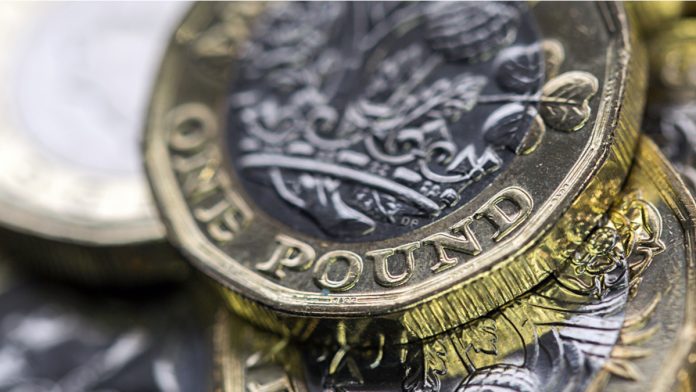The pound was well matched versus the euro on Monday. Sterling only slipped a few points versus the euro towards the end of the session. The pound euro exchange rate closed Monday less than 0.1% lower at €1.1307. The pair is edging higher in early trade on Tuesday.
The pound was broadly out of favour versus its peers in the previous session as investors look ahead to today’s ruling from the UK Supreme Court. The court will give a verdict on the legality of Boris Johnson’s decision to suspend Parliament. Should the UK’s highest court consider the proroguing of Parliament to be purely political, ministers will only have 2 weeks when they return to prevent a no deal Brexit.
On the other hand, a ruling against the Prime Minister could see ministers return to Parliament much sooner. Should ministers return they will have more time to try to stop a disorderly Brexit from happening. As a result, the pound could rally under these circumstances.
| Why is a “soft” Brexit better for sterling than a “hard” Brexit? |
| A soft Brexit implies anything less than UK’s complete withdrawal from the EU. For example, it could mean the UK retains some form of membership to the European Union single market in exchange for some free movement of people, i.e. immigration. This is considered more positive than a “hard” Brexit, which is a full severance from the EU. The reason “soft” is considered more pound-friendly is because the economic impact would be lower. If there is less negative impact on the economy, foreign investors will continue to invest in the UK. As investment requires local currency, this increased demand for the pound then boosts its value. |
Brexit developments failed to lift the pound on Monday. Boris Johnson said that he was cautiously optimistic that a deal can be achieved. However, EU Chief negotiator Michel Barnier was doubtful that a deal could be reached. His comments weighed on demand for the pound.
With the supreme court ruling and Brexit talks taking the limelight, investors are unlikely to pay much attention to UK government public finance data when it is released today.
Germany On The Brink Of Recession?
Dismal German data darkened the mood towards the euro on Monday. German manufacturing PMI data showed that the sector dropped deeper into contraction in September. The PMI was a surprisingly downbeat 41.4, the worst level for over a decade.
Eurozone manufacturing was also worse than what analysts had been expecting at 44.6 in September, down from 47 the month previous. The data provides mounting evidence that Germany and potentially the eurozone are heading towards a recession.
| Why does poor economic data drag on a country’s currency? |
| Slowing economic indicators point to a slowing economy. Weak economies have weaker currencies because institutions look to reduce investments in countries where growth prospects are low and then transfer money to countries with higher growth prospects. These institutions sell out of their investment and the local currency, thus increasing supply of the currency and pushing down the money’s worth. So, when a country or region has poor economic news, the value of the currency tends to fall. |
Today investors will look ahead to German IFO business sentiment data. German business confidence deteriorated in August to a 7-year low. Investors will be looking to see whether confidence has worsened further. If so, the euro could come under pressure as recession fears grow.
| What do these figures mean? |
| When measuring the value of a pair of currencies, one set equals 1 unit and the other shows the current equivalent. As the market moves, the amount will vary from minute to minute.
For example, it could be written: 1 GBP = 1.13990 EUR Here, £1 is equivalent to approximately €1.14. This specifically measures the pound’s worth against the euro. If the euro amount increases in this pairing, it’s positive for the pound . Or, if you were looking at it the other way around: 1 EUR = 0.87271 GBP In this example, €1 is equivalent to approximately £0.87. This measures the euro’s worth versus the British pound. If the sterling number gets larger, it’s good news for the euro. |
This publication is provided as general information only and is not intended as an exhaustive treatment of its subject. TransferWise Inc. and its affiliates (“we” or “us”) expressly disclaim any contractual or fiduciary relationship with you on the basis of the content of this publication, and you may not rely thereon for any purpose. You should consult with qualified professionals or specialists before taking, or refraining from, any action on the basis of the content in this publication. The information in this publication does not constitute legal, tax, investment or other professional advice from us. We make no representations, warranties or guarantees, whether express or implied, that the content in the publication is accurate, complete or up to date, and DISCLAIM ANY IMPLIED WARRANTIES OF MERCHANTABILITY OR FITNESS FOR A PARTICULAR PURPOSE





